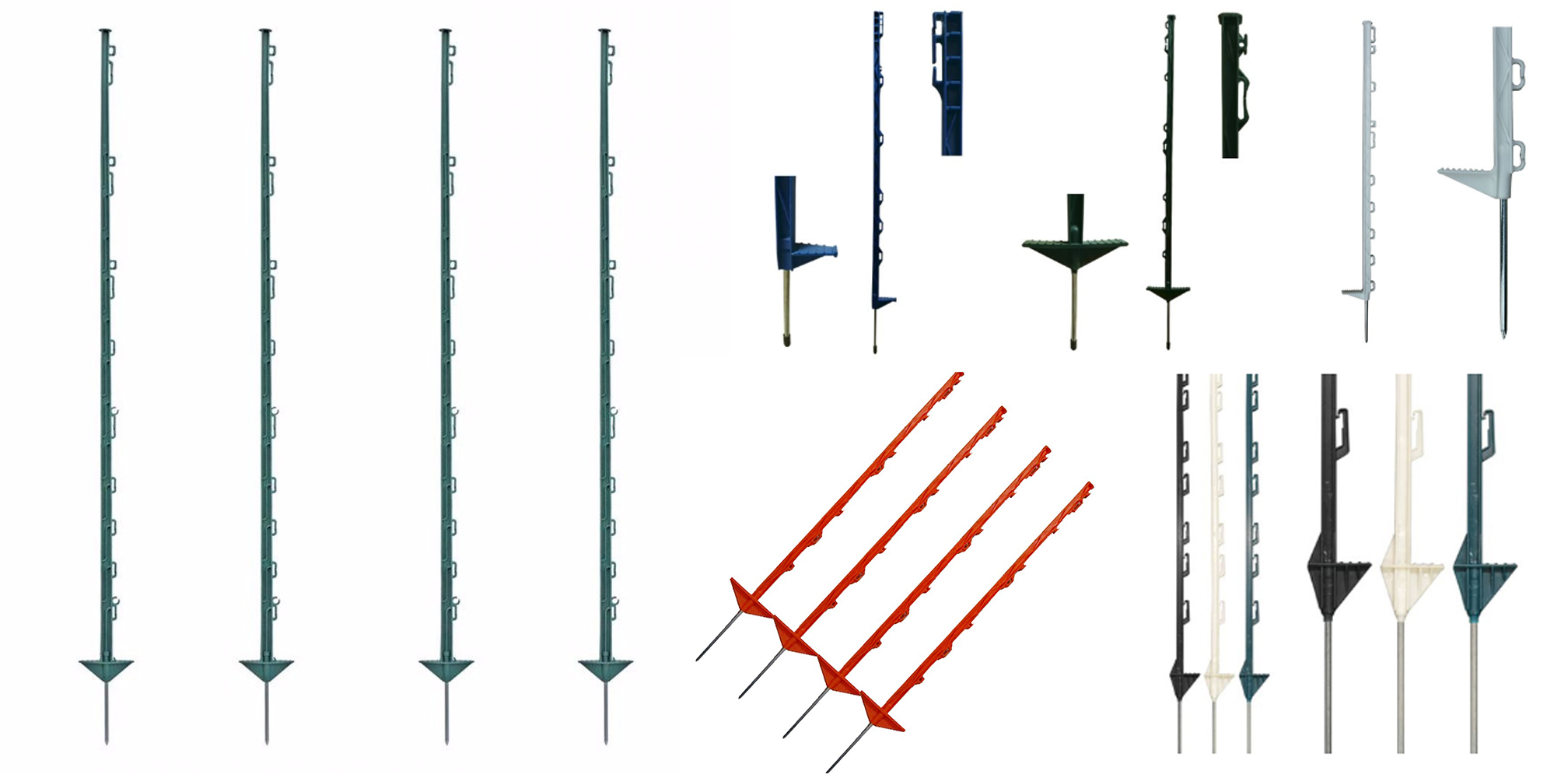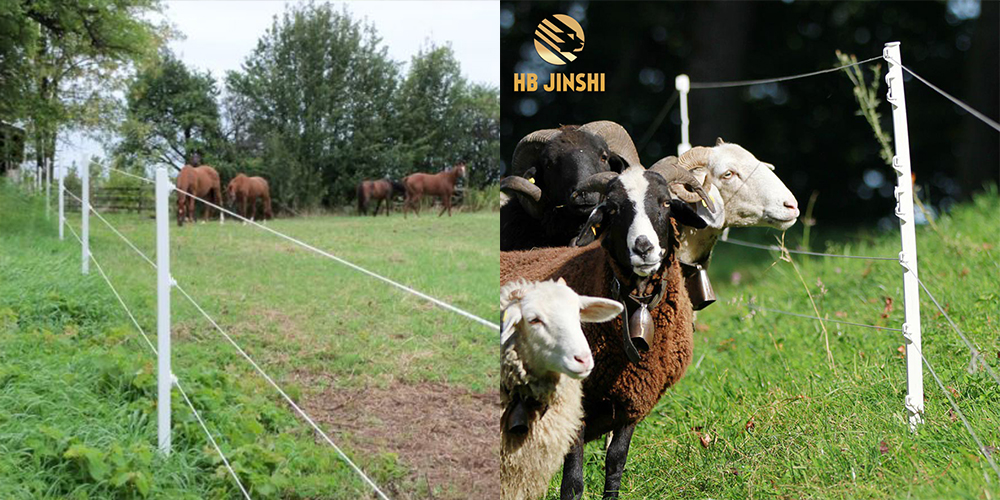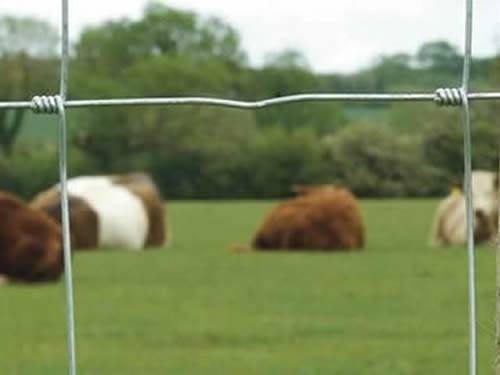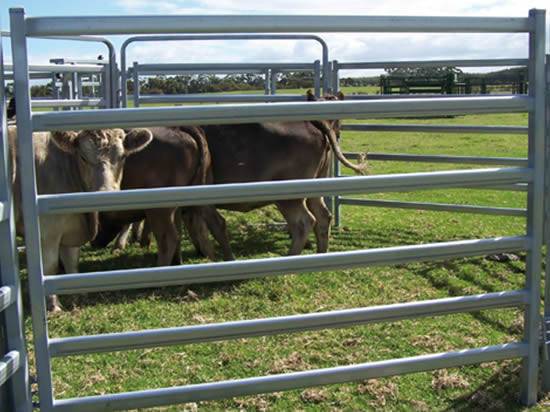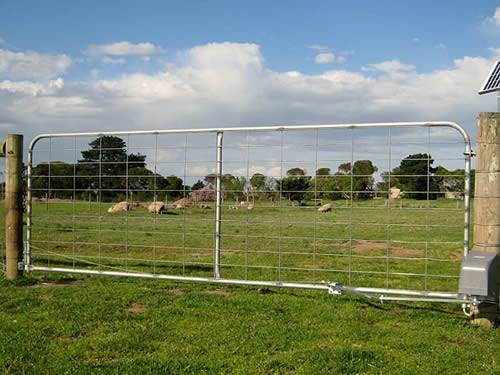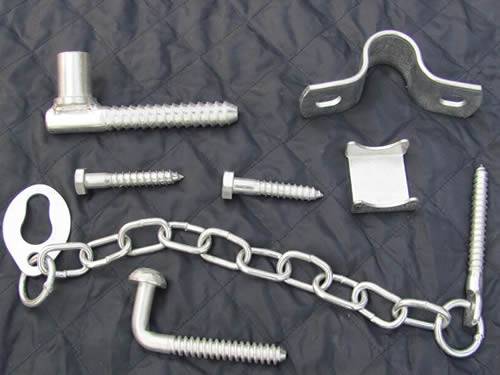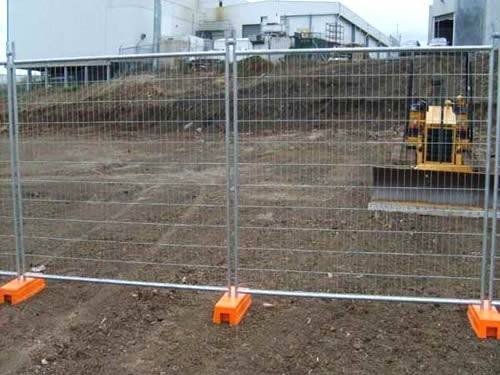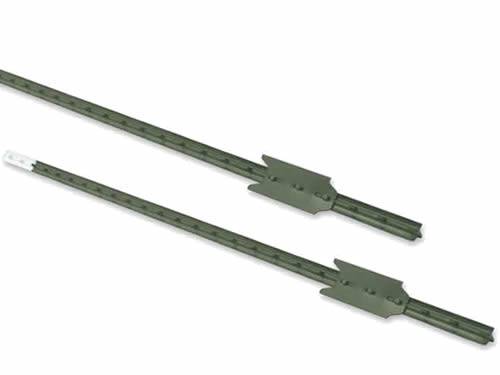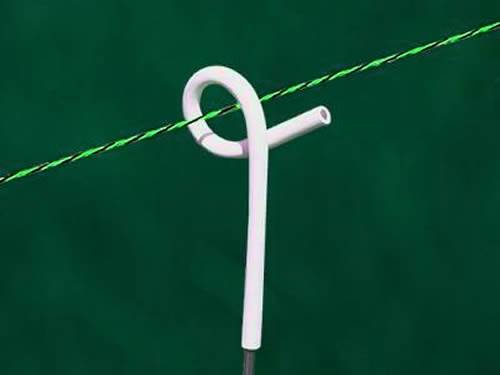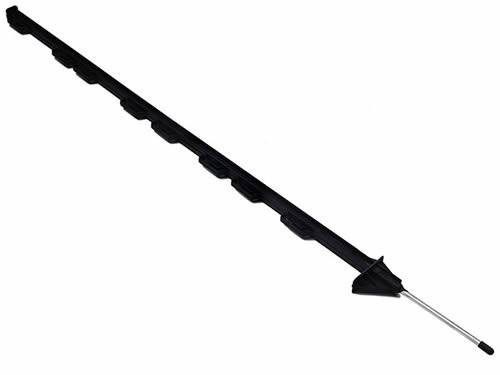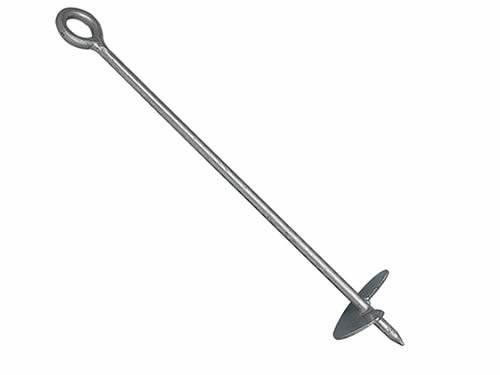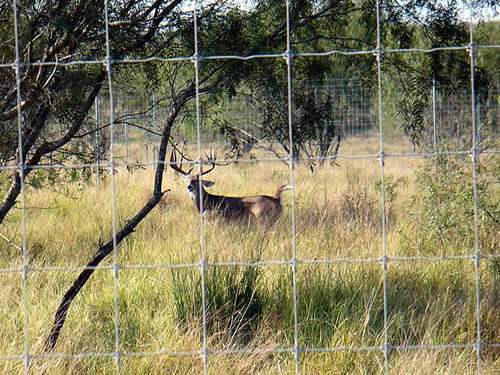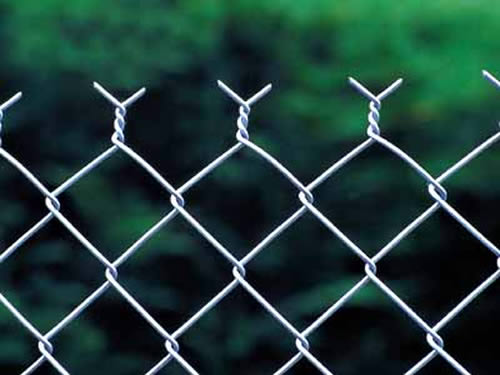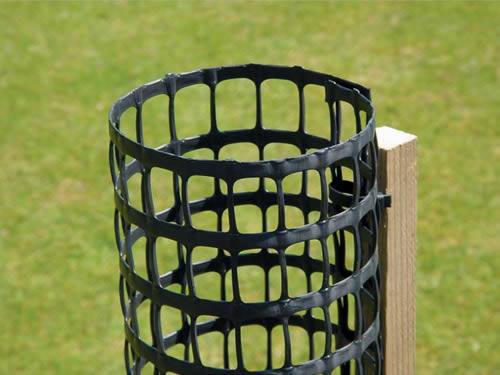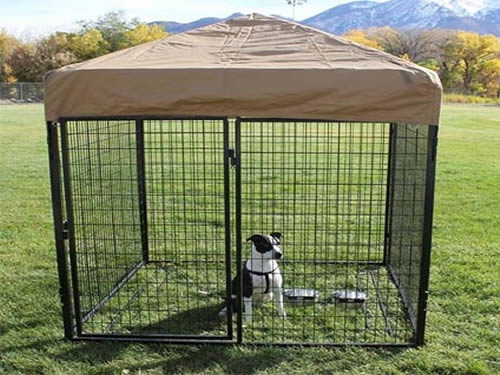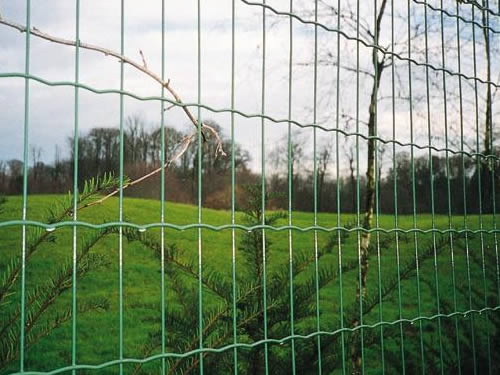Technology
"Our mission is to provide customers with a professionally constructed farm fencing."– Hebei Jinshi Industrial Metal Co, Ltd.
Home > Technology > What is electric fence
What is electric fence
An electric fence is a barrier that uses electric shocks to deter people and/or other animals from crossing a boundary. The voltage of the shock may have effects ranging from discomfort to death. Most electric fences are used for agricultural fencing and other forms of non-human animal control, although they are also used to protect high-security areas such as military installations or prisons, where potentially-lethal voltages may be used. Virtual electric fences for livestock using GPS technology have also been developed.
Design and function
Electric fences are designed to complete an electrical circuit when touched by an animal. A component called a power energizer converts power into a brief high voltage pulse. One terminal of the power energizer releases an electrical pulse along a connected bare wire about once per second. Another terminal is connected to a metal rod implanted in the earth, called a ground or earth rod. An animal touching both the wire and the earth during a pulse will complete an electrical circuit and will conduct the pulse, causing an electric shock. The effects of the shock depend upon the voltage, the energy of the pulse, the degree of contact between the recipient and the fence and ground and the route of the current through the body; it can range from barely noticeable to uncomfortable, painful or even lethal.
Fencing materials
Smooth steel wire is the material most often used for electric fences, ranging from a fine thin wire used as a single line to thicker, high-tensile wire. Less often, woven wire or barbed wire fences can be electrified, though such practices create a more hazardous fence, particularly if an animal becomes caught by the fencing material (electrified barbed wire is unlawful in some areas). Synthetic webbing and rope-like fencing materials woven with fine conducting wires (usually of stainless steel) have become available in the late 1990s and are particularly useful for areas requiring additional visibility or as temporary fencing.
The electrified fence itself must be kept insulated from the earth and from any materials that will conduct electricity and ignite or short out the fence. Fencing must therefore avoid vegetation, and cannot be attached directly to wood or metal posts. Typically, wooden or metal posts are driven into the ground and plastic or porcelain insulators are attached to them, or plastic posts are used. The conducting material is then attached to the posts.
Palisade fences
Electrified palisade fences are usually made from painted mild steel, galvanized steel, stainless steel or aluminum. Typically the fences are 2.4 meters (7 ft 10 in) tall and typically send high voltage electric pulses through the palisade at a frequency of 1 Hz (one pulse per second).
Palisade electric fences are used in most countries, particularly where there is little vegetation to short-circuit the fence or where the costs of security personnel is high in relation to automated security equipment. The electric pulse is a strong deterrent for criminals, while the palisade fence is mechanically stronger than a typical steel cable electric fence, being able to withstand impact from wildlife, small falling trees and wildfires.
Due to the high levels of crime in South Africa, it is common for residential houses to have perimeter defenses. The City of Johannesburg promotes the use of palisade fencing over opaque, usually brick, walls as criminals cannot hide as easily behind the fence. The City of Johannesburg manual on safety describes best practices and maintenance of palisade fencing, such as not growing vegetation in front of palisades as this allows criminals to make an unseen breach.

